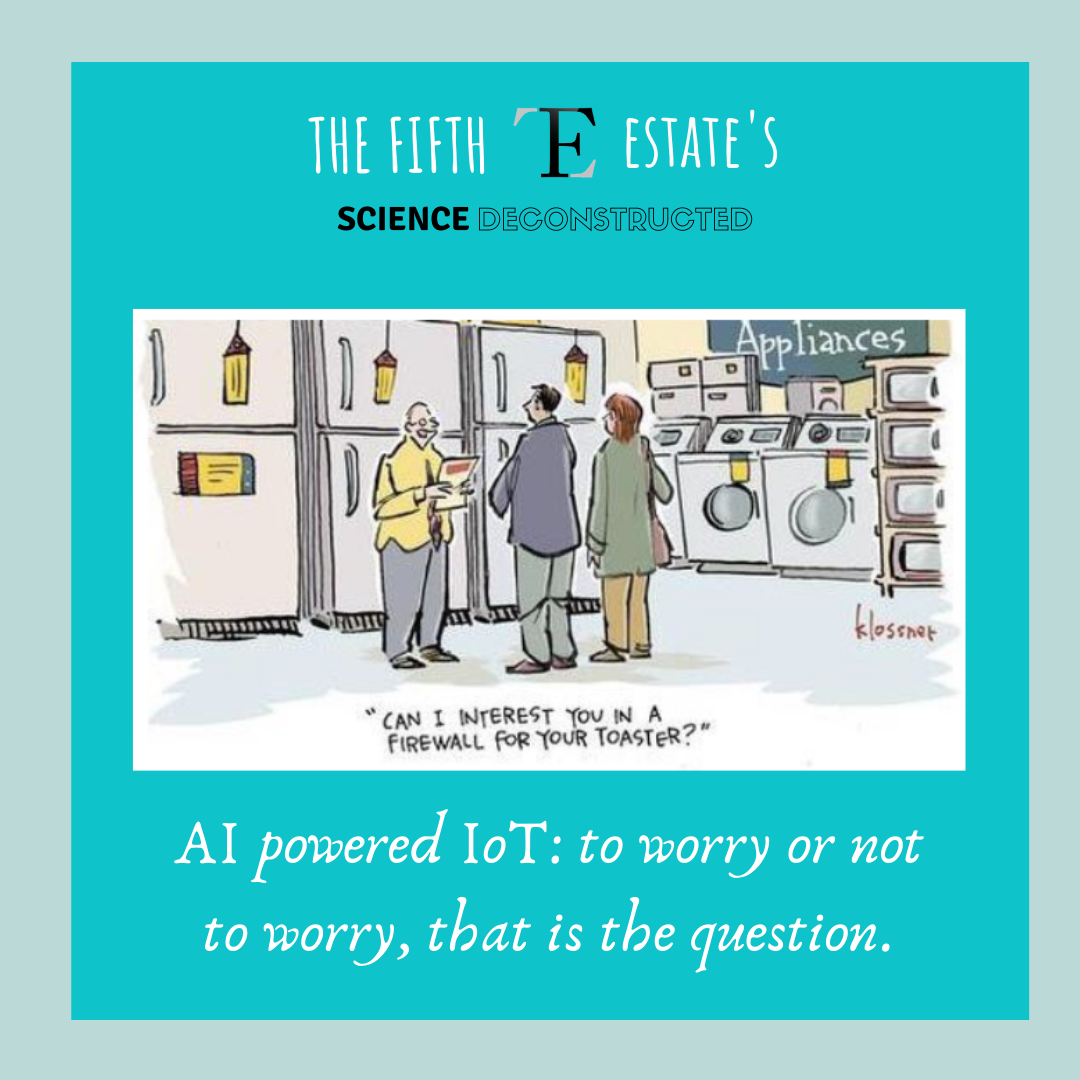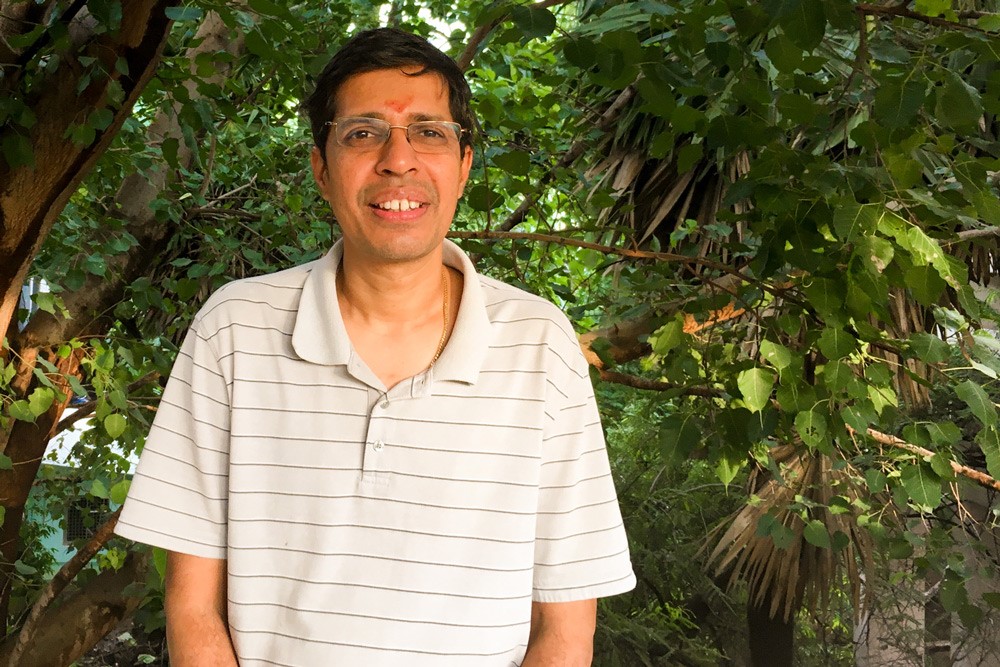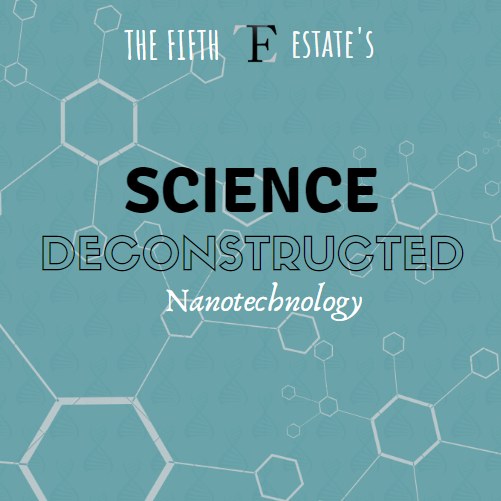The Internet of Things has been a buzzword for almost a decade now and we’ve come a long way. From “Yay! IoT is going to revolutionise the world as we know it” to“Wait! So are you telling me that all my devices are gossipping about the goofy person I am?”. Given the current situation, should we really bother about the threats posed by IoT or are we thinking too far ahead into the future? Well, let us dive right in to see for ourselves.

For starters, the Internet of Things, as the name suggests, refers to devices connected through the infrastructure of the internet. The IoT falls under the bigger umbrella of the Internet of Everything (IoE), which includes people. By 2025, IoT which includes wearable technology would have progressed so far that no one is likely to notice the fitness or tracking features embedded into sports watches anymore. Why would you if they will be everywhere by then?
“Show me your friend’s devices, and I’ll tell you who you are.”
While this may sound a bit like science fiction, and the chances are you are already a part of this infrastructure! Remember when you cued Despacito from Alexa when things were sad? When Siri started suggesting pizza toppings for you? Or when your smart coffee machine conspired with your fitness tracker and made you black coffee instead? So, should we really be worrying about all this? Apparently, there’s more to it than what meets the eye.
Like many other major advancements in technology, IoT too sparked a debate on its credibility and, AI-powered IoT becoming the status quo just adds fuel to the fire. The two technologies together provoke images of The Matrix, and I, Robot and suddenly futuristic nightmares seem to start taking form in our minds. The primary concern is that connected devices cannot be trusted and could potentially endanger lives and livelihoods. The fear might seem overblown, but runaway self-driving cars, hacked medical devices, and several other recent incidents provide valid grounds for this opinion.
IoT is built on collecting data and leveraging it to fit our growing needs. This may prove to be a double-edged sword, experts say. Since we are all going to essentially be a part of this larger-than-life network, privacy may be a mere joke in the years to follow. As much as one may try to defend such cutting edge technology, one can’t deny or rule out the possibility of being spied upon. It remains to be seen how the laws of the land regarding privacy measure up in the face of all this.
Researchers worry that as more things get connected to the internet, adversaries will have an almost infinitely larger platform to launch new types of attacks. That’s because devices that are becoming part of the IoT have very few security measures protecting them against network-borne threats and are often easy to exploit. For the moment at least, there are no standards prescribing security requirements for IoT devices, especially in the consumer space.
Internet-connected devices are being churned out of factories and infected by malware or malicious code at an alarming rate. IoT devices offer bandwidth and CPU resources at virtually no cost to the attacker. Over the next few years, as non-secure IoT devices grow, cybercriminals will have a much wider platform available to launch new attacks at a larger scale.

In the past few years, researchers have demonstrated various proof-of-concept attacks against everything from network-connected baby monitors to cars. The demonstrations have shown how attackers can exploit poorly protected, not to mention AI-powered, IoT devices to cause physical damage, to spy on people, and to launch massive attacks leading to the denial of services.
Joe Rogan:
“Are you honestly legitimately concerned about this? Is AI, like, one of your main worries in regards to the future?”
Elon Musk:
“Yes. It’s less of a worry than it used to be, (but it’s) mostly due to (me) taking more of a fatalistic attitude.”
On being asked about the IoT, Aswin from CFI’s Electronic club highlights their previous project on IoT, which dealt with using it as a data logger over a city to analyse the city’s condition over time especially pollution levels of gases.
“The impact of IoT on society may not be negative at least in the near future. It is still in the early stages of development. Perhaps, it does have some downsides like when devices start influencing our decisions.
The same data loggers can be made powerful enough to subconsciously affect, say your political stance. Like many other technologies, there are some tradeoffs you make while adopting it. The day when we really have to worry about it isn’t here yet”, he says. (Is it ever too early to worry?)
Moving forward, the easier route would be to continue developing connected devices without taking people’s fears into consideration. However, this is both unethical and unadvisable from a practical standpoint. Whether we’re looking at something as mundane as faster streaming or as grand as smart cities, the internet of things — with the advent of artificial intelligence — has the potential to impact every aspect of our lives.
We are almost done. Congratulations, henceforth you won’t be stranded mid-conversation when your geeky friends start doing feasibility reports, SWOT analysis and what not, for Elon Musk’s AI ventures. I’d sum it all up with what Dr Andrew Ng, a renowned AI researcher (perhaps, more popularly known from Coursera) has to say in this regard,
AI has an image problem, one deserved and one not. No, it will not someday control the human race. I think that there is no clear path to how AI can become sentient. Worrying about evil AI killer robots today is a little bit like worrying about overpopulation on the planet Mars. The real concern though, regarding AI is undesirable societal impact. That’s something Silicon Valley needs to own up to.
The Department of Electrical Engineering at IIT Madras offers a course titled ‘Internet of Things and the Management of Discrete Entities’ (EE5156) once a year.
Science Deconstructed is a series which aims to introduce some exciting advancements made by the scientific community in simple terms with guidance on how to pursue these fields in the institute, along with features of research by groups in the institute. Send in your requests for the same at [email protected]. Suggestions/ comments are always welcome.
Series by: Sankalpa Venkatraghavan




